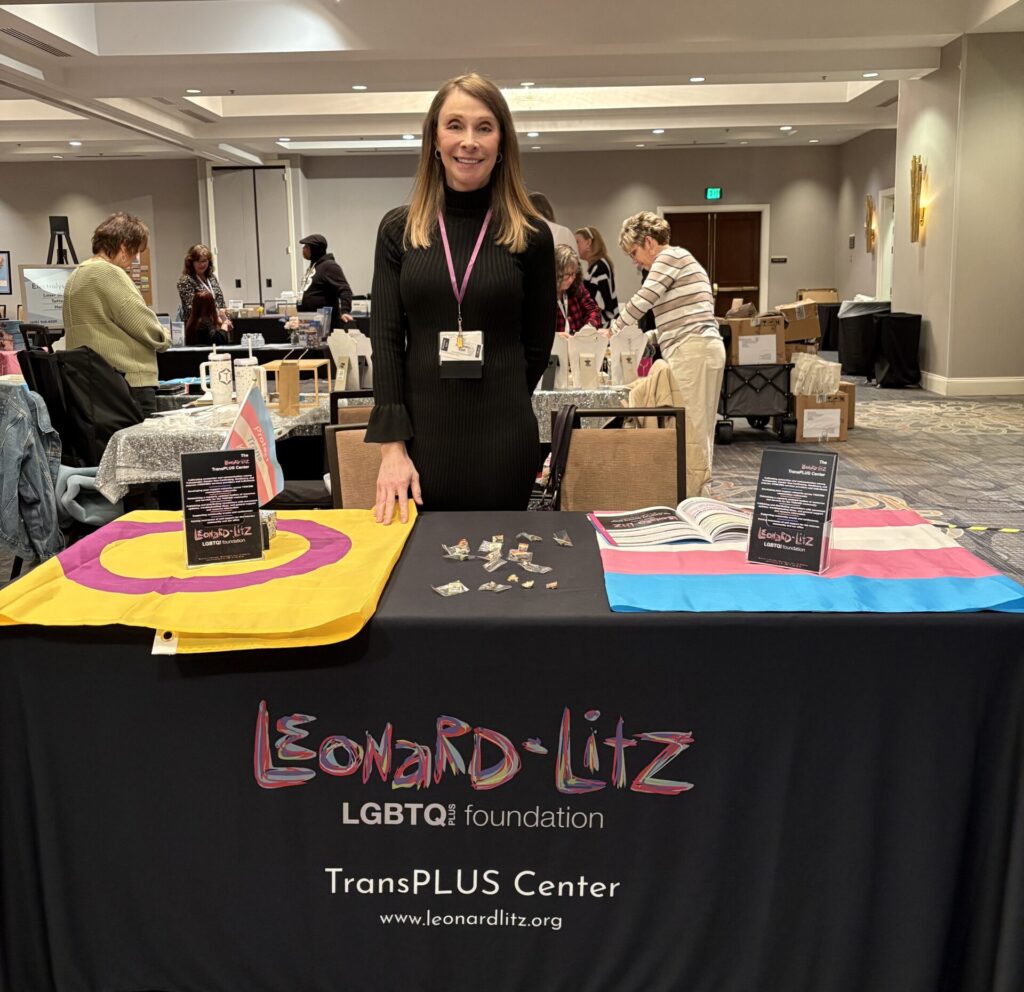R-E-P-R-E-S-E-N-T: Find Out What It Means to Me
By Robyn Schlesinger
Exhibiting at two major conferences for the trans community this year has shed light on how trans people are represented in LGBTQ+ leadership. I spoke with trans leaders in Massachusetts, at the First Event conference, and Pennsylvania, at the Keystone conference, to see if my experiences were unique, or if trans folks were doing better in other areas. Sadly, the answer was no. The same pattern that transgender, gender non-conforming, non-binary, and intersex (TGNCNBI) individuals have faced for decades is happening in LGBTQ+ centers, advocacy groups, and activist organizations elsewhere. There’s a clear lack of trans representation in leadership roles at both the board and staff levels.
My own experience highlights this issue. Too often, I’ve been the only trans voice in the room. When trans issues come up, I have had to fight for change, which has been tough and has often brought me criticism. Let’s say I do not win any awards for Miss Congeniality!
Others I met at the conferences shared similar stories. Many described a glass ceiling for trans employees, preventing them from rising within the LGBTQ+ organizations they served. Some pointed out that charitable giving expectations were unrealistic for trans individuals, who typically earn less than their cisgender counterparts doing the same work. Additionally, there was a recurring sentiment among cis-led LGBTQ+ organizations that the trans community did not appreciate their efforts. This hints at a troubling paternalism.
At the Leonard Litz LGBTQ+ Foundation, I advocate for examining the leadership makeup of our grant applicants. What percentage of their staff is TGNCNBI? How many hold leadership roles? If the numbers are low, what are these organizations doing to recruit more trans individuals? Unsatisfactory answers may significantly impact their applications, because diversity, equity, and inclusion must include TGNCNBI people. In today’s social and political climate, we are the most marginalized members of the LGBTQ+ community, and our absence in staff and board positions will shape the future of the movement.
REPRESENT. To me, it means real, not tokenized, representation in organizational leadership. It means actively recruiting more TGNCNBI individuals to decision-making roles. It means providing robust gender-affirming employee healthcare. And it means that cis allies must speak up when trans advocates face targeting for their support. For those of us still grappling with the trauma of being ostracized for our gender identity or expression, being further marginalized and silenced with our own community is a playbook we must reject, not repeat.
Robyn Schlesinger is a Trustee & Director of the Leonard Litz TransPLUS Resource Center









More Stories
Belonging is Baked In
COUNTRY STAR BROOKE EDEN LIVING OUT LOUD
More Than Ever, Pride as Resistance, Visibility and Unity